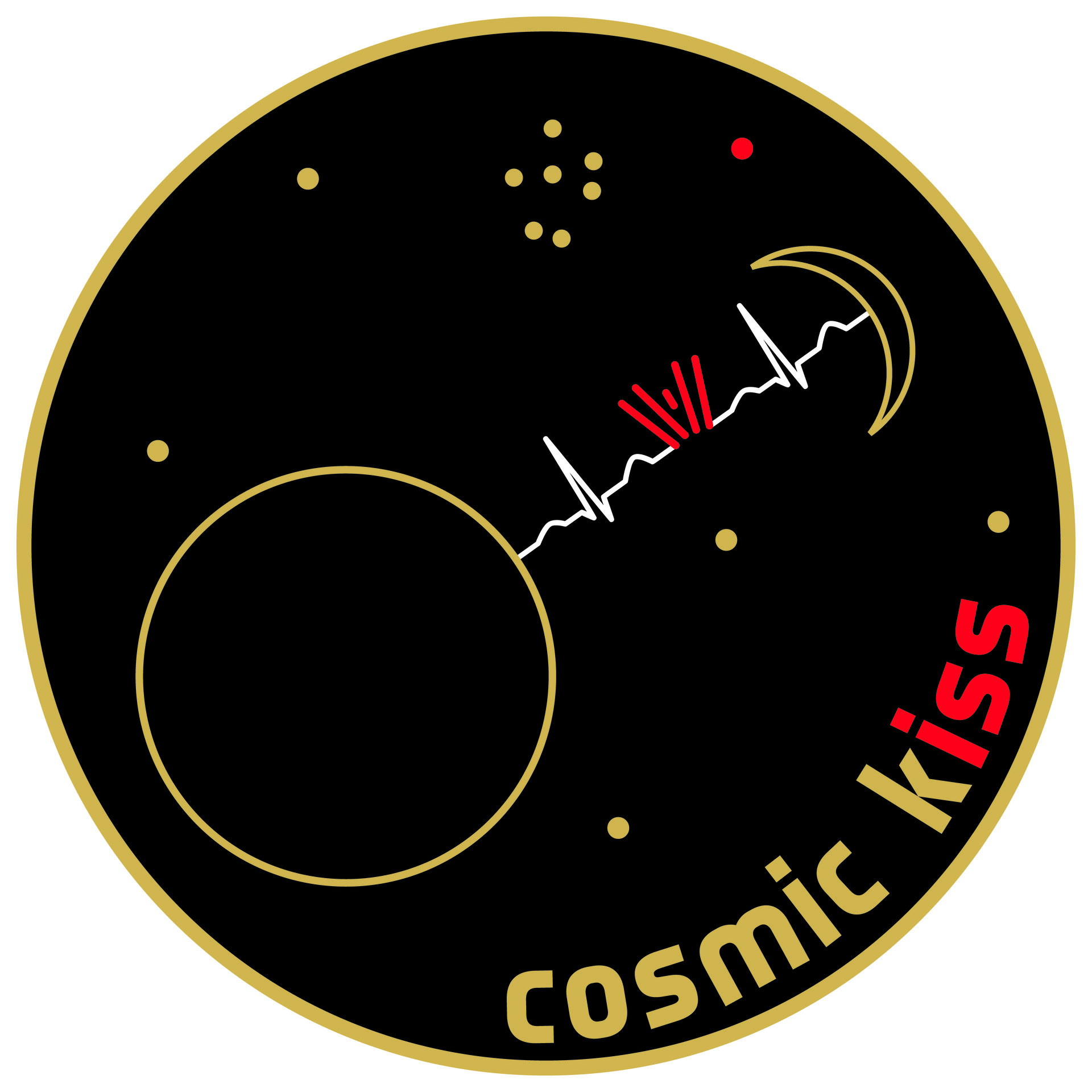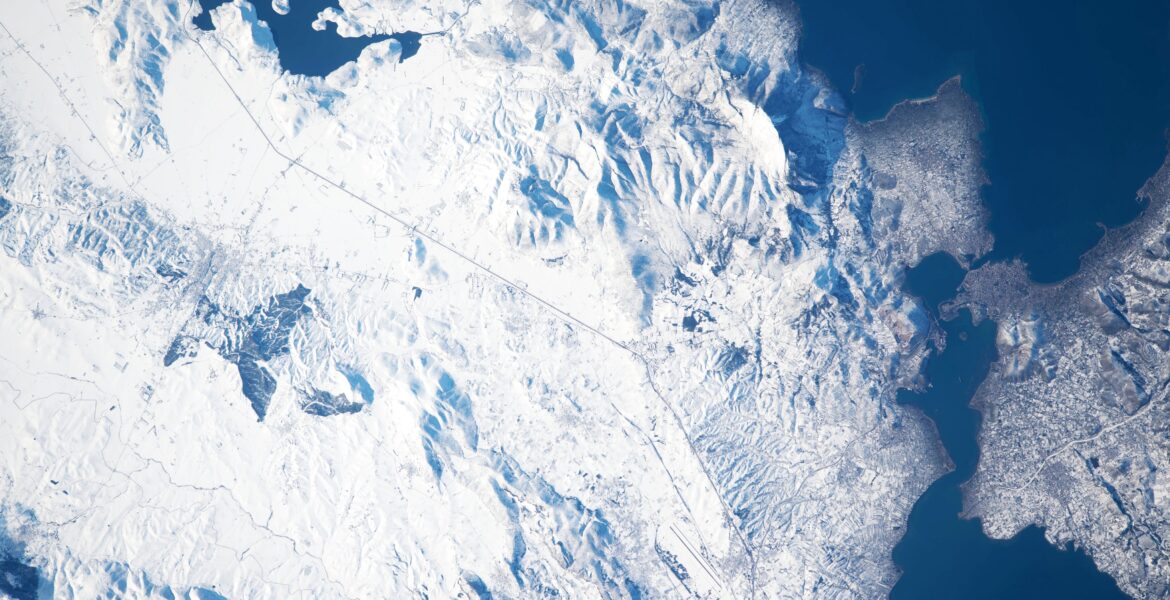Impressive photos of winter Greece were posted on the Twitter account of German astronaut Matthias Maurer, who is currently on the International Space Station (ISS), as part of the “Cosmic Kiss” mission.
“Wintery Greece in Blue & White. Not so easy to distinguish snow from clouds in some places, but next to the capital Athens, I could also clearly see the Euboean Gulf – home to the narrow Euripus Strait,” the 52-year-old astronaut wrote in his post.
Wintery Greece in Blue & White 🇬🇷 Not so easy to distinguish snow from clouds in some places, but next to the capital Athens, I could also clearly see the Euboean Gulf – home to the narrow Euripus Strait. #CosmicKiss #EarthObservation pic.twitter.com/0mBd87PrAj
— Matthias Maurer (@astro_matthias) February 8, 2022
In December 2020, Maurer was assigned his first mission to the International Space Station, known as “Cosmic Kiss”.
He is the second European Space Agency (ESA) astronaut to fly under NASA ‘s Commercial Crew Program as part of the SpaceX Crew-3.
Cool, calm & collected for return 🧊 Before @SpaceX's cargo Dragon departed last month, Kayla & I transferred items from the Minus Eighty Degree Laboratory Freezer (MELFI) to polar units. Ice bricks & a double cold bag helped preserve the @ISS_research for analysis on Earth 🧑🔬 pic.twitter.com/LKIWsdalAh
— Matthias Maurer (@astro_matthias) February 2, 2022
According to the ESA, the name Cosmic Kiss is a declaration of love for space as it communicates the special connection the Station provides between Earth’s inhabitants and the cosmos.
“It also conveys the value of partnership in exploring farther to the Moon and Mars, alongside the need to respect, protect and preserve the nature of our home planet as we seek a sustainable future on Earth,” ESA explains.
The Cosmic Kiss patch takes inspiration from the Nebra sky disc (“Himmelsscheibe von Nebra”) – the oldest known realistic illustration of the night sky – as well as the Pioneer plaques and Voyager Golden Records that were sent into the unknown carrying messages from Earth.
“The Cosmic Kiss mission builds on the curiosity of all those who came before us, as exploration advances our understanding of Earth, our Solar System and life itself,” the ESA writes.

“Like the Nebra sky disc, the patch features several cosmic elements including Earth, the Moon and the Pleiades star cluster.
“It also depicts Mars, one of ESA’s three key destinations for exploration over the next 10 years, as a small red dot beckoning in the distance.
“Earth is shown borderless and backlit, with only a delicate line of atmosphere visible.
“This phenomenon is often described by space travellers, who marvel at the wonder of all human life and events taking place in one thin and precious layer.”
Cosmos comes from the Greek word kosmos, meaning “order” or “world.”
READ MORE: Athens from the International Space Station.


